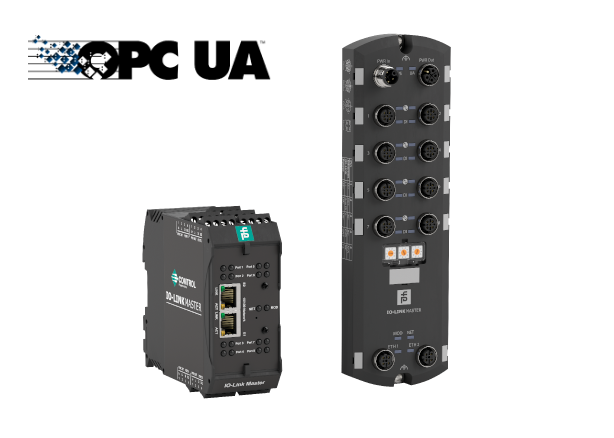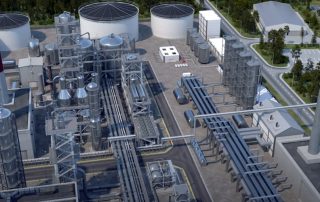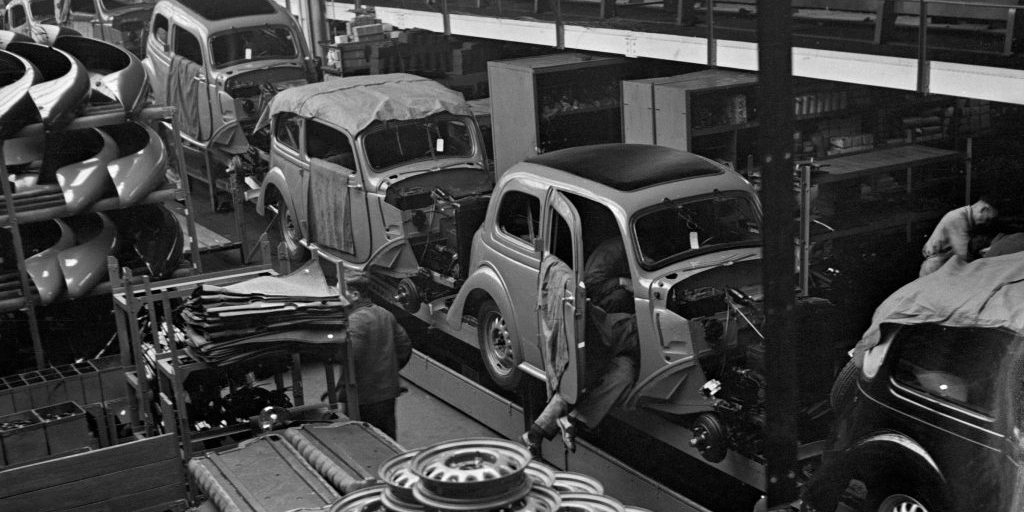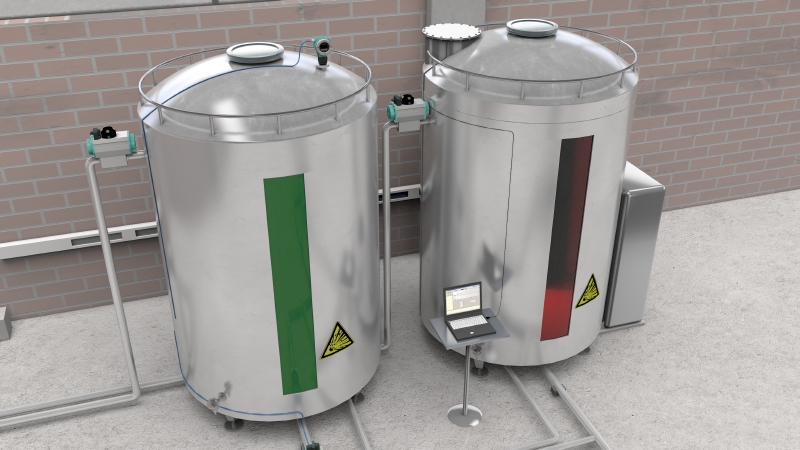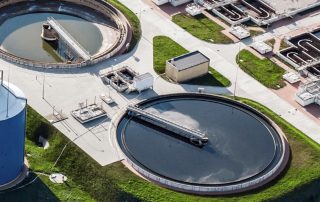We are pleased to welcome you to our blog. Here you will find useful information, applications, and guidance on the topics of automation, industrial sensors, and explosion protection.

Welcome to our blog. Here you will find current articles on the topics of industrial automation and sensor technology.
Four Scenarios for Using IO-Link Masters with OPC UA Interface
IO-Link master with OPC UA interface create a uniform basis for continuous information exchange from the field to the cloud. In this article, we will show you what applications are possible with the open data exchange standard.
The Benefits of Modules with Line Fault Transparency
Highly automated systems in sensitive areas of the process industry must ensure that pumps, valves, and active cooling systems are switched on safely at all times. In this blog post, we explain the advantages plant operators have with using line fault transparency (LFT) modules from Pepperl+Fuchs.
What is Industry 4.0?
What exactly means Industry 4.0? In this blog post, we give an overview of the past Industrial Revolutions that have brought us to this point and outline how Pepperl+Fuchs is involved in Industry 4.0.
Three Ultrasonic Sensors for Effective Level Measurement
Storage tanks and silos in many different industries require overfill prevention and continuous level measurement to prevent equipment damage and downtime. This means a broad range of materials, such as chemicals, sludge, and gravel, must be reliably detected to maintain optimal process flows. Ultrasonic sensors from Pepperl+Fuchs are designed to detect and measure the fill level of liquids and solids, no matter their storage location.
How to Align the Sensing Face of the Inductive Sensor VariKont
The inductive sensors of the VariKont series are available in different housings. In this blog post, we explain how you can quickly and easily align the sensing face depending on the design.
5 Ways to Use K-System Interface Technology in Wastewater Treatment Plants
The K-System portfolio from Pepperl+Fuchs can be used to streamline processes at wastewater treatment plants. K-System interface technology comes in every signal variation, ranging from simple isolators to highly functional modules. Here are five ways the K-System portfolio can be used in wastewater treatment plants …
Subscribe to our newsletter and receive regularly news and interesting information around the world of automation.
